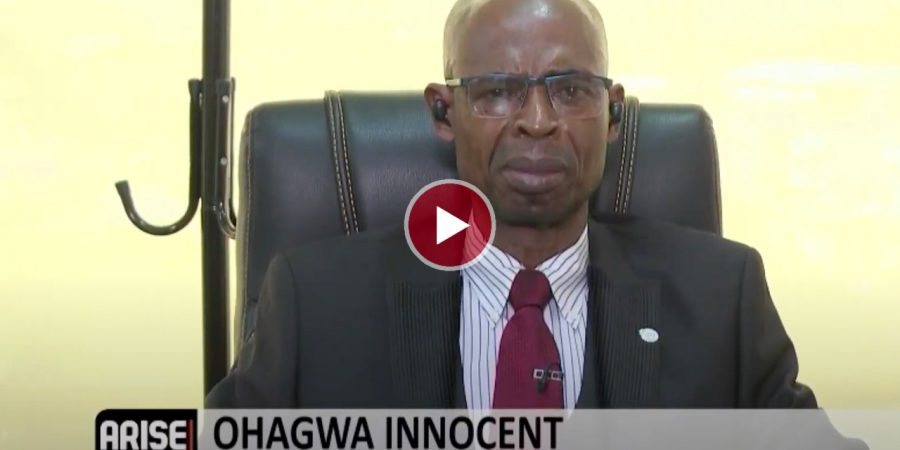The recent passage of four tax reform bills by President Bola Ahmed Tinubu has generated optimism among investors, with promises to overhaul tax administration, boost revenue, and enhance the business climate.
However, the President of the Chartered Institute of Taxation of Nigeria (CITN), Ohagwa Innocent has noted that the biggest concern with regards to the reform isn’t the content but the pace at which the government might attempt to implement them.
Speaking during an interview with ARISE NEWS on Monday, Innocent said, “The challenge I will envisage is that if we are to implement all of them at the same time, that is immediately, it will be challenging.”
Using fiscalisation as an example, he explained that reforms like the introduction of e-invoicing should begin in phases.
“For example, we’re talking about fiscalisation. If you are fiscalising e-invoices, it’s better you start from large tax payers from places like Lagos, Abuja, the urban cities. You cannot just want to implement it from the 36 states and Federal Capital at a time.”
He welcomed the federal government’s decision to shift implementation to January, saying the delay creates space for planning, system upgrades, pilot testing, and capacity building.
“If you use the approach like the government has done rightly, by shifting the implementation deadline to January, that gives us enough time to plan, update our systems and processes, build capacity, and then lessons learned from some of the pilot runs, and then monitoring mechanisms.”
However, he stressed that none of this will matter without strong political will.
“Political will is also very key. No matter how best a document or legislation could be, if you do not ensure it is implemented, monitored, and then get rewards for those who do essentially well, and then punish those who are frustrating it, you may not really get all the results, because this is supposed to pass across all tiers, federal, state, and then local government. So we need to ensure that there is political will.”
On the subnational level, he urged the government to ensure local governments are not left behind.
“And again, handling issues at the subnational and local government level, yes, some of the provisions there, we need to ensure that all what is due to local governments are given to them like the Supreme court has ruled.”
Despite the concerns, Ohagwa praised the reform package as one of the most inclusive Nigeria has seen.
“I can say that this reform is one of the best. We have never seen a tax reform that focused on all the stakeholders, and the exemptions, the reliefs, the benefits are many, more than the aspects that anyone could complain about. The more you read the act, the more it gets interesting.
The Chartered Institute of Taxation of Nigeria are very excited about it, and we look forward to it. The journey of miles starts with a step.”
Melissa Enoch
Follow us on:



